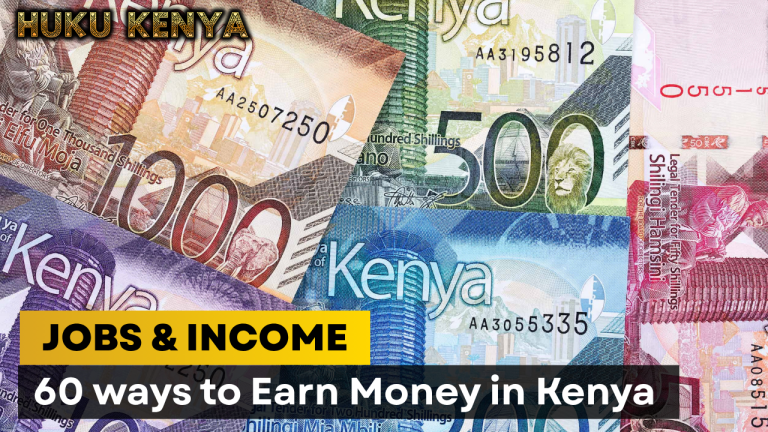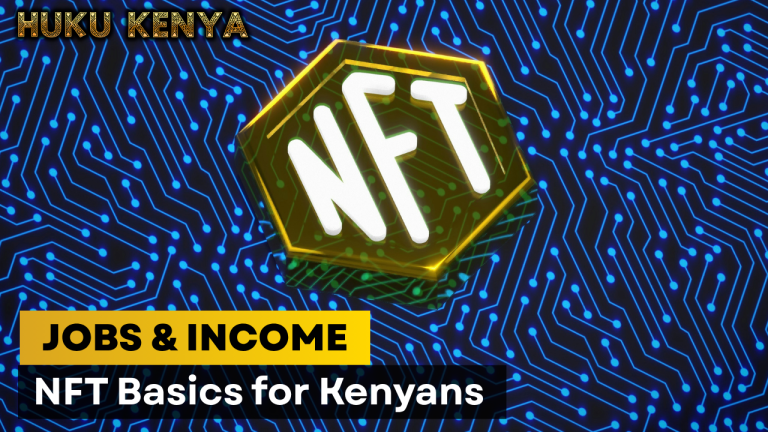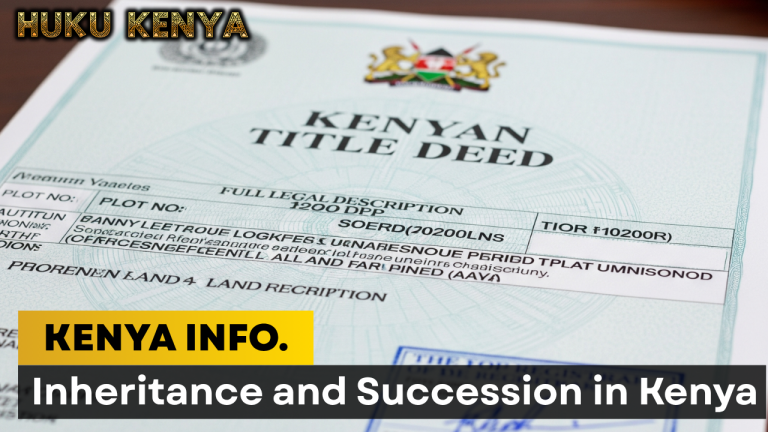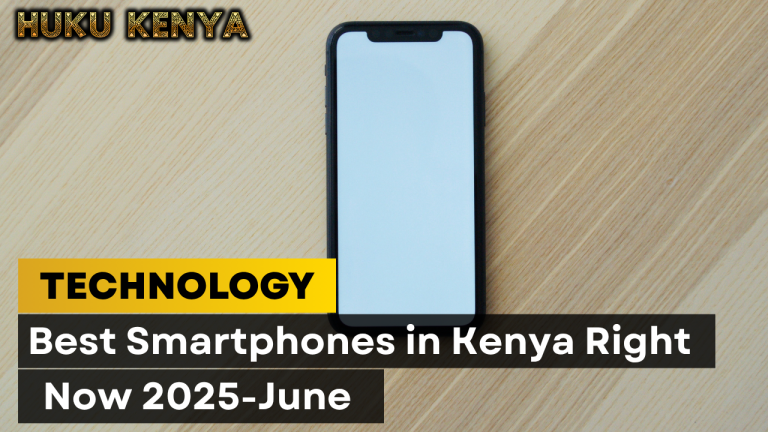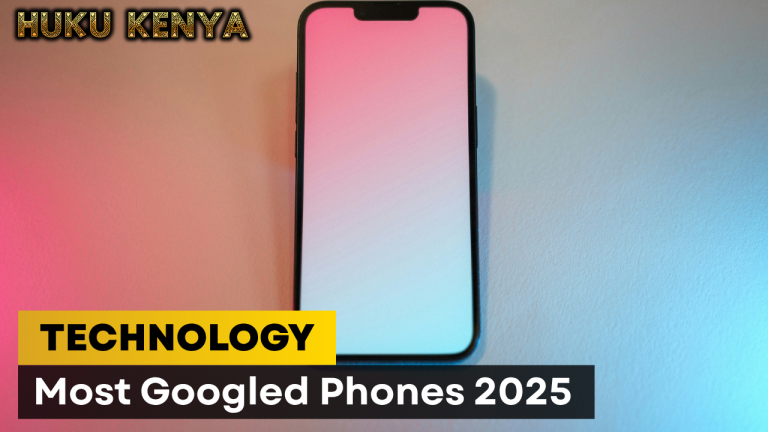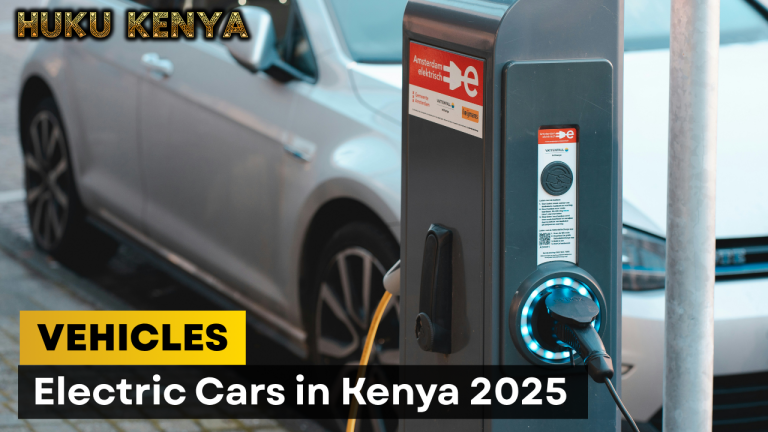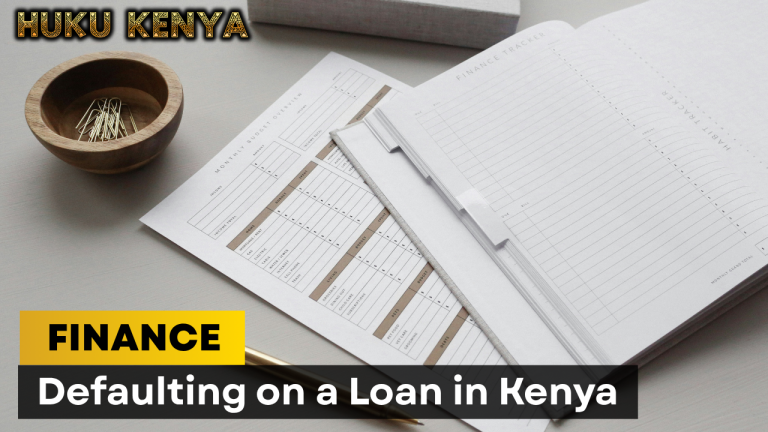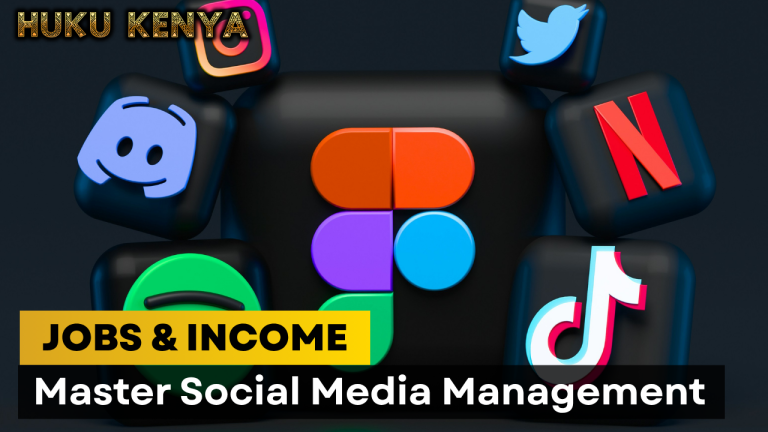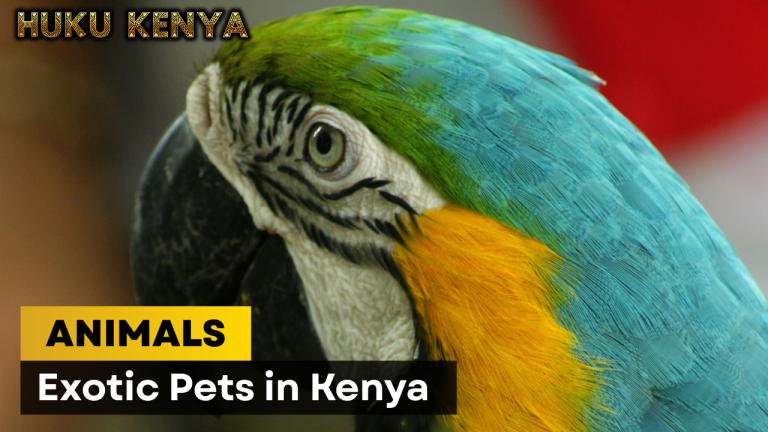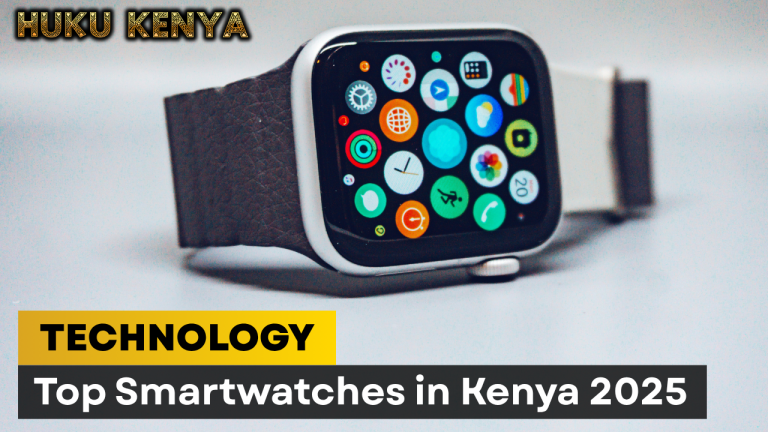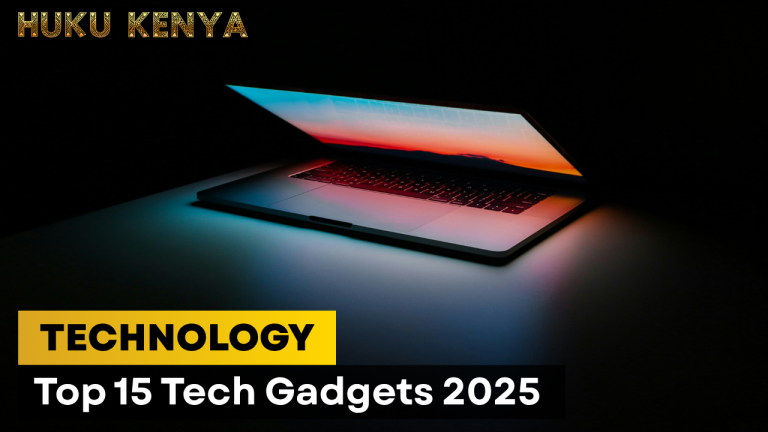
A 2025 guide to stablecoins, cross-border payments, and the rise of crypto-powered freelancing
1. The Problem: Traditional Forex Is Broken for Freelancers
Kenyan freelancers working on platforms like Upwork, Fiverr, and Deel face serious challenges:
- High fees: PayPal, Payoneer, and SWIFT transfers charge 7–15% in fees
- Slow settlement: Bank transfers take 3–7 days
- Poor exchange rates: Banks and remittance services offer unfavorable USD/KES rates
- Dollar shortages: In 2023–2024, Kenya faced a USD liquidity crisis, making withdrawals harder
For a freelancer earning $500/month, these inefficiencies could mean losing KSh 5,000–10,000 per month in fees and slippage.
2. The Solution: USDT as a Digital Dollar
USDT (Tether) is a stablecoin pegged 1:1 to the US dollar. It offers:
- Stability: Unlike Bitcoin or Ethereum, USDT doesn’t fluctuate wildly
- Speed: Transfers settle in minutes, not days
- Low fees: Especially on networks like Tron (TRC20), where fees are under $1
- Accessibility: Can be received via mobile-friendly apps like Bitnob, Yellow Card, or Kotani Pay
Freelancers now ask clients to pay in USDT instead of PayPal or bank wires—and they’re keeping more of their money.
3. How It Works: A Freelancer’s Workflow
Let’s say you’re a graphic designer in Nairobi. Here’s how you might get paid in USDT:
- Client sends $500 USDT to your wallet (e.g. Trust Wallet, Bitnob, Binance)
- You receive it instantly—no bank delays
- You convert USDT to KES via:
- Binance P2P
- Yellow Card
- Kotani Pay (auto-converts to M-PESA)
- You withdraw to M-PESA or bank account
- Total cost: under 2%—compared to 10–15% via PayPal
4. Why USDT Is Winning in Kenya
| Advantage | Impact |
|---|---|
| Dollar stability | Protects against KES depreciation (15%+ in 2024) |
| Low fees | Saves freelancers thousands per year |
| Fast settlement | No more waiting 3–5 days for bank wires |
| Mobile-first tools | Works with M-PESA, Airtel Money, and local wallets |
| No bank needed | Ideal for unbanked or underbanked freelancers |
5. Tools Making It Happen
- Bitnob: Lets you receive USDT and withdraw to M-PESA
- Yellow Card: Buy/sell USDT with mobile money
- Kotani Pay: Converts USDT to KES via SMS or API
- Binance P2P: Peer-to-peer USDT trading with escrow protection
- Trust Wallet: Secure self-custody wallet for freelancers
These platforms are bridging the gap between crypto and Kenya’s mobile money ecosystem24.
6. Legal and Tax Considerations
- Crypto is not illegal in Kenya, but not fully regulated
- The VASP Bill (2025) will license exchanges and wallet providers
- Digital Asset Tax (DAT) of 1.5% applies to crypto transactions
- Freelancers must declare crypto income in annual KRA returns
Final Word
USDT isn’t just a crypto token—it’s the new digital dollar for Kenya’s freelance economy. It’s faster than SWIFT, cheaper than PayPal, and more stable than the shilling. For thousands of Kenyan creatives, coders, and consultants, it’s not just a payment method—it’s a lifeline.

